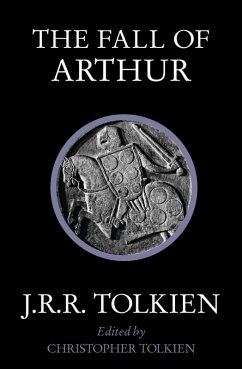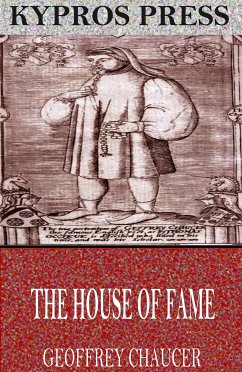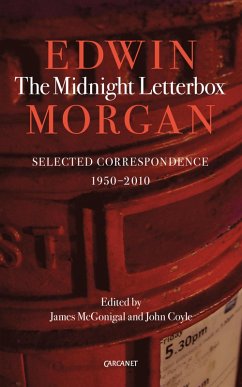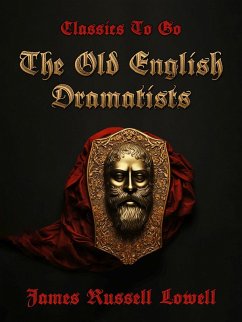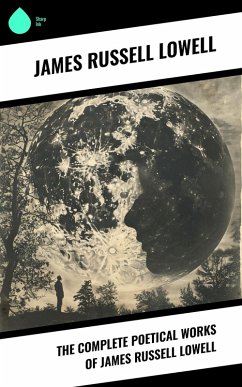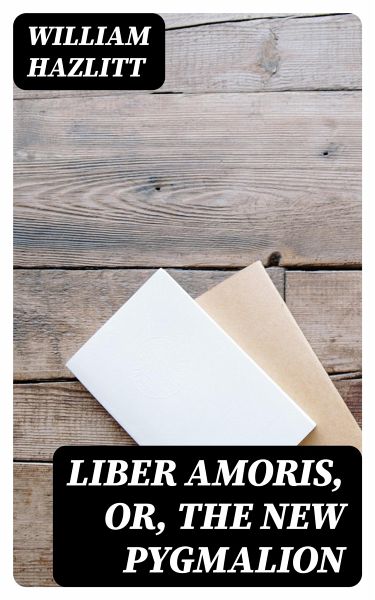
Liber Amoris, Or, The New Pygmalion (eBook, ePUB)
Versandkostenfrei!
Sofort per Download lieferbar
0,49 €
inkl. MwSt.
Weitere Ausgaben:

PAYBACK Punkte
0 °P sammeln!
In "Liber Amoris, Or, The New Pygmalion," William Hazlitt presents a poignant exploration of love and obsession, wrapping his philosophical musings in a captivating narrative that melds autobiography with romantic idealism. Written in a confessional style, the book serves as both a critical reflection and a fervent expression of Hazlitt's own tumultuous feelings towards a young woman, skilfully invoking the literary tropes of Romanticism. By intertwining personal reflection with broader social commentary, Hazlitt creates a text that illuminates the complexities of human emotion and the burdens...
In "Liber Amoris, Or, The New Pygmalion," William Hazlitt presents a poignant exploration of love and obsession, wrapping his philosophical musings in a captivating narrative that melds autobiography with romantic idealism. Written in a confessional style, the book serves as both a critical reflection and a fervent expression of Hazlitt's own tumultuous feelings towards a young woman, skilfully invoking the literary tropes of Romanticism. By intertwining personal reflection with broader social commentary, Hazlitt creates a text that illuminates the complexities of human emotion and the burdens of unrequited love, echoing classical themes from Ovid's Pygmalion to modern notions of self-creation and idealism. William Hazlitt (1778-1830), a prominent figure in the Romantic era, was an essayist and critic whose works explore the nuances of human experience, particularly emotional authenticity. His own tumultuous relationships and philosophical inquiries into the nature of love deeply informed the creation of "Liber Amoris." Hazlitt's affinity for the great Romantic poets and his belief in the importance of individual sentiment shaped his narrative style, showcasing his unique perspective on the intersection of personal longing and societal confines. This book is highly recommended for readers seeking an intricate, introspective journey through love's trials and tribulations. Hazlitt's eloquent prose and deep introspection invite readers to reflect on their own emotional landscapes, making it a timeless examination of the human heart's complexities.
Dieser Download kann aus rechtlichen Gründen nur mit Rechnungsadresse in A, B, BG, CY, CZ, D, DK, EW, E, FIN, F, GR, H, IRL, I, LT, L, LR, M, NL, PL, P, R, S, SLO, SK ausgeliefert werden.





